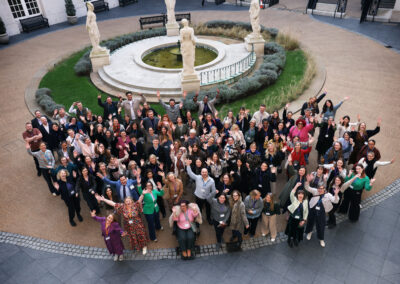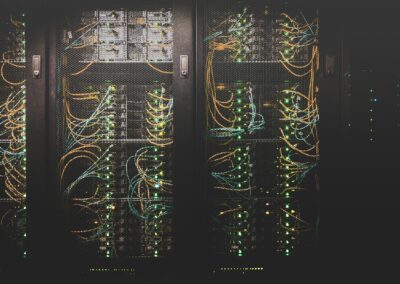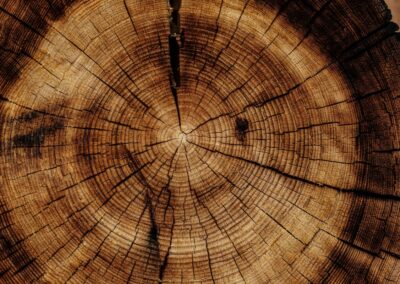It’s a word that we have all become increasingly aware of, but what does it mean and how does it affect you and your business?
Biodiversity is the name we give to the vast arrange of all life on our planet. The range of living organisms on our planet is astonishing, from algae to elephants, palm trees to people.
All living things are part of either an ecosystem or community, put them together and you have biodiversity. The volume of life on our planet all interacts with each other and the physical world around them. It’s what makes Earth the perfect place for humans to live.
“Without biodiversity, there is no future for humanity,” Prof David Macdonald, at Oxford University.
Why do we need biodiversity?
Biodiversity is essential for us to survive. We are a small part of a vast, complex natural world, with each element supporting another and creating balance.
In simple form, we need nature, clean air and fresh water, as well as plants and animals for food, but nature isn’t enough on it’s own. But at it’s more complex, we need thriving, resilient mix of ecosystems, full of variety and diversity.
How does biodiversity it affect us?
Biodiversity is key to us living happy, healthy lives. The ecosystems around us provide us with fresh water, food and oxygen for us to breathe. They also provide the much needed natural physic spaces for our wellbeing.
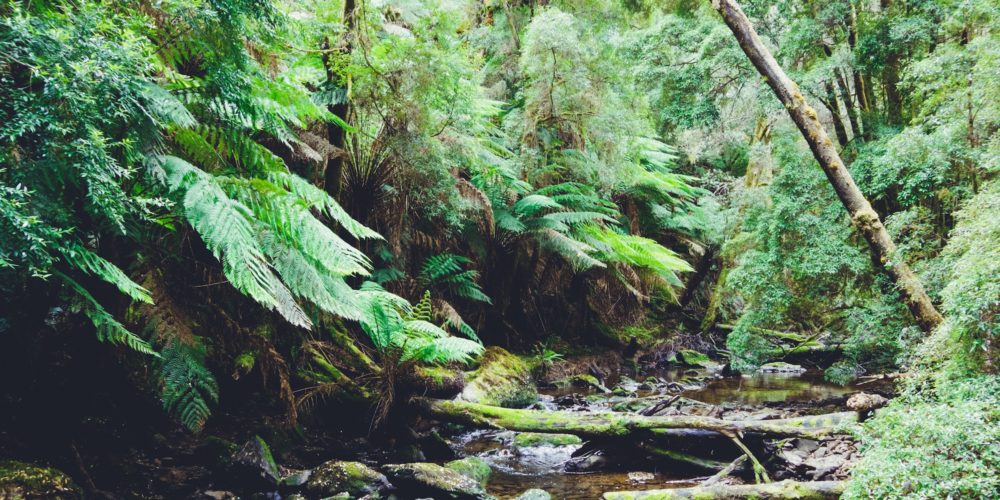
What are the major threats to biodiversity?
Unfortunately the worlds biodiversity is in decline, and it’s down to humans.
In the recent BBC programme ‘Extinction: The Facts‘, David Attenborough explored the damage that we’re doing to the biodiversity of planet Earth. The damage we have done to our beautiful world over the past Century is clear to see. With species now extinct and habitats changing beyond recognition due to deforestation, over consumption and pollution, all adding to the increasing problem of climate change.
Where can you see it in action?
Biodiversity is pretty amazing and you don’t need to travel to the rainforest to see it up close. It’s all around us, in every forest, farm land and riverside. They all contain different types of insects, birds and small mammals, as well as a plants and trees.
Here are some places where you might be able to observe biodiversity:
- National Parks: Many national parks and nature reserves have diverse ecosystems that are home to a wide range of plant and animal species. They offer opportunities to observe diverse species of flora and fauna in their natural habitats.
- Botanical Gardens: Botanical gardens are designed to showcase diverse plant species from around the world. They often have areas dedicated to specific types of plants, such as tropical or desert plants, and can be a great place to learn about and observe plant biodiversity.
- Wildlife Sanctuaries and Reserves: Wildlife sanctuaries and reserves offer opportunities to observe a wide variety of animal species, including those that are endangered or rare. These areas are often designed to protect wildlife habitats and provide a safe environment for animals to live and thrive.
- Beaches and Oceans: Coastal areas, such as beaches and coral reefs, are home to a variety of marine species. These areas provide opportunities to observe a diverse range of marine life, including fish, dolphins, whales, and other sea creatures.
- Local Parks and Gardens: Even local parks and gardens in urban areas can offer opportunities to observe biodiversity. These areas may have a variety of plant and animal species, including birds, insects, and small mammals.
Overall, there are many different places where biodiversity can be observed, and it’s a great way to learn about and appreciate the diversity of life on our planet. You can also create biodiversity in your own garden, allotment or balcony and let the species come to you. Choose plants that require pollination and encourage birds and wildlife into your outdoor space.
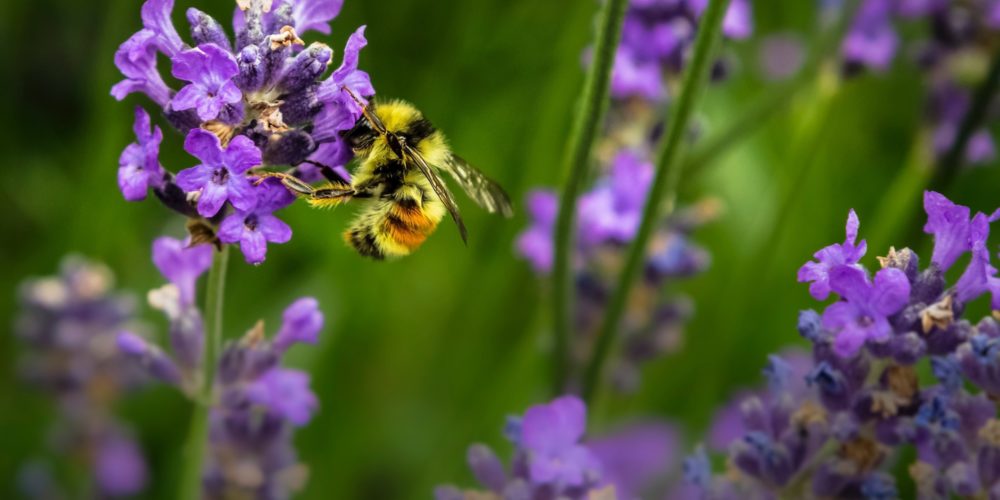
What can you do, as a business, to protect biodiversity?
Companies depend on biodiversity, although the level of dependancy depends on your sector and size of company. Protecting our local, national and international biodiversity is something that we all need to be doing.
As an industry, damage to our biodiversity could have lasting impacts on the way we do business. Changing climate forcing changes in food production, disrupted supply chains, higher insurance costs or losses due to extreme weather events… I really could go on, but the fact is that we need our natural world, it not only gives us life, but allows us to live and run the businesses we love.
Bringing biodiversity into the office is a great way to promote a healthier and more sustainable work environment. We’ve put together a few ideas of things you can do help protect and promote biodiversity at work, but would love to know what you’re doing too:
- Plant up your outdoor spaces – choose plants that require pollination and encourage birds and wildlife into your outdoor space. If you don’t have lots of space you can grow plants and herbs in pots, window boxes or hanging baskets to create a mini-garden outside. This can help to attract pollinators and improve air quality, as well as add a natural touch to the office.
- Entice birds – install bird feeders outside the office window to attract local bird species. This can help to create a more natural environment, as well as provide a source of entertainment and relaxation for employees.
- Introduce bee hives – could you bring more pollinators into your environment? If the office has outdoor space, consider installing a bee hive to support local pollinator populations, increase local biodiversity and provide a source of honey or other products. Have a look at thehoneybeeman.co.uk/bees-for-business/
- Introduce indoor plants – they will improve the air quality and create a more natural environment. You can choose from a variety of plant species that thrive in indoor conditions and can help to improve indoor air quality. You can also consider installing a green wall or vertical garden. This can help to create a natural and calming atmosphere, as well as add aesthetic appeal.
- Use less water – biodiversity depends on the abundance of local fresh water. Turning the tap off while washing your hands is one easy way to conserve water.
- Respect local habitats – Plants growing in the parks and nature reserves (that includes many of the beautiful countryside wedding venues) play an important role in preserving the local ecosystem. Stick to the walking path or trail.
- Know the source – Check the products you buy and the companies you support to ensure that your buying habits are not contributing to destruction of habitat elsewhere. Look for labels such as FSC (Forest Stewardship Council) or Rainforest Alliance Certified. Both organisations are committed not only to the conservation of the Earth’s resources, but also to advocating for the human rights of the native peoples who inhabit the land many products are sourced from.
If you’d like some help and ideas on what you could do to help protect and nurture biodiversity, join the Sustainable Wedding Alliance to connect with others, talk openly, share ideas and knowledge and help each other on your sustainable journeys.
Updated 12 February 2023
Home »